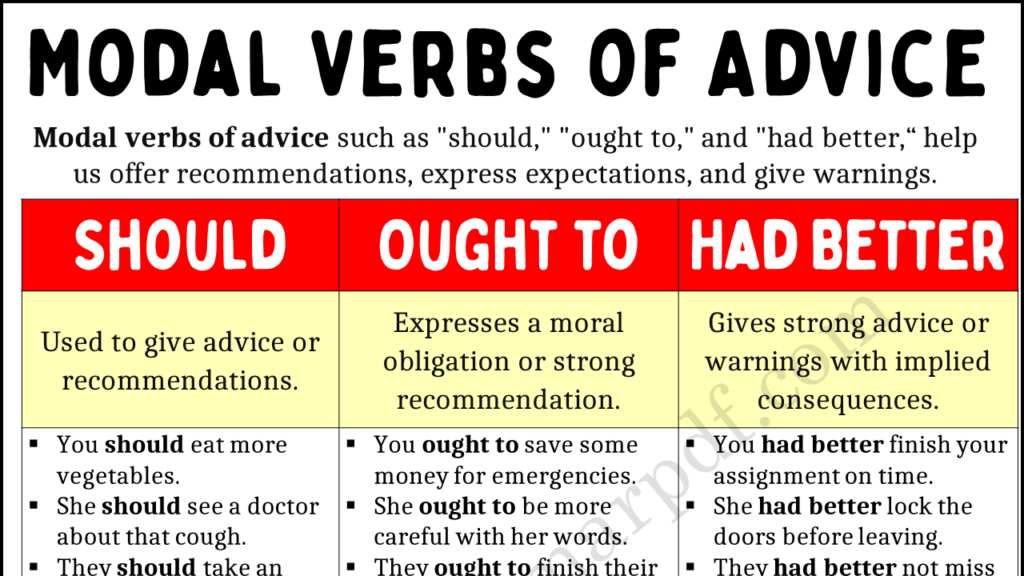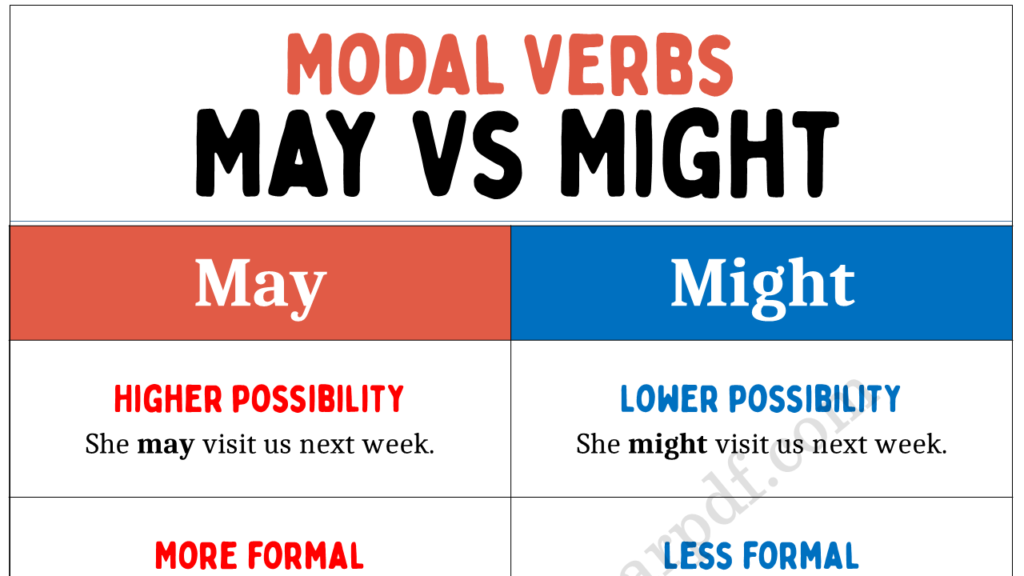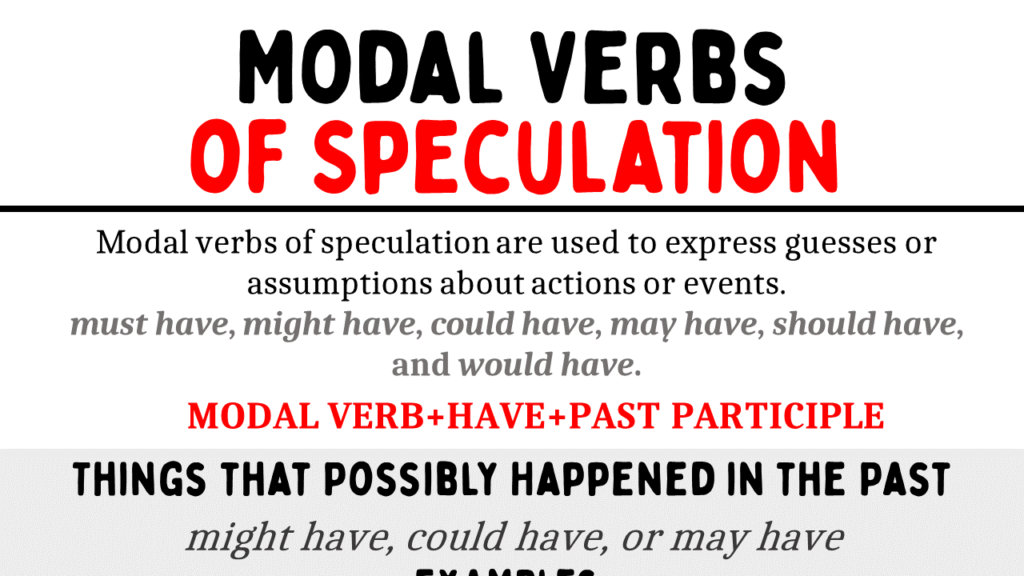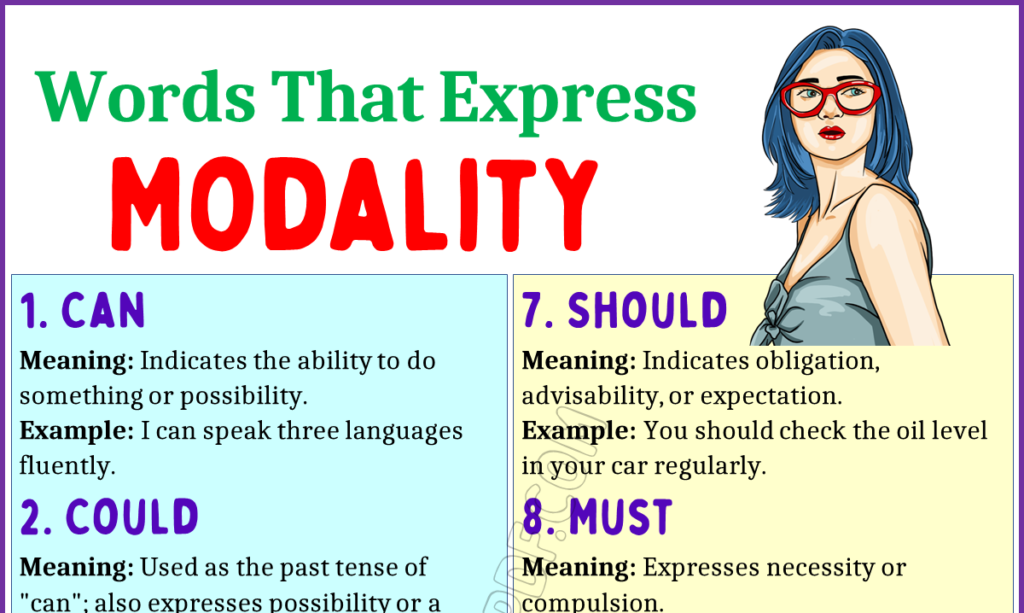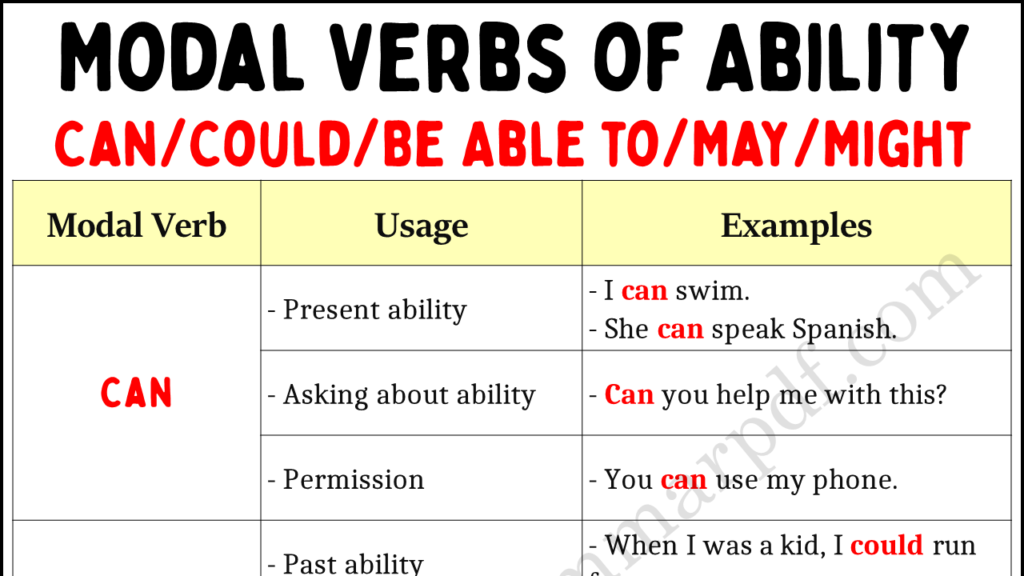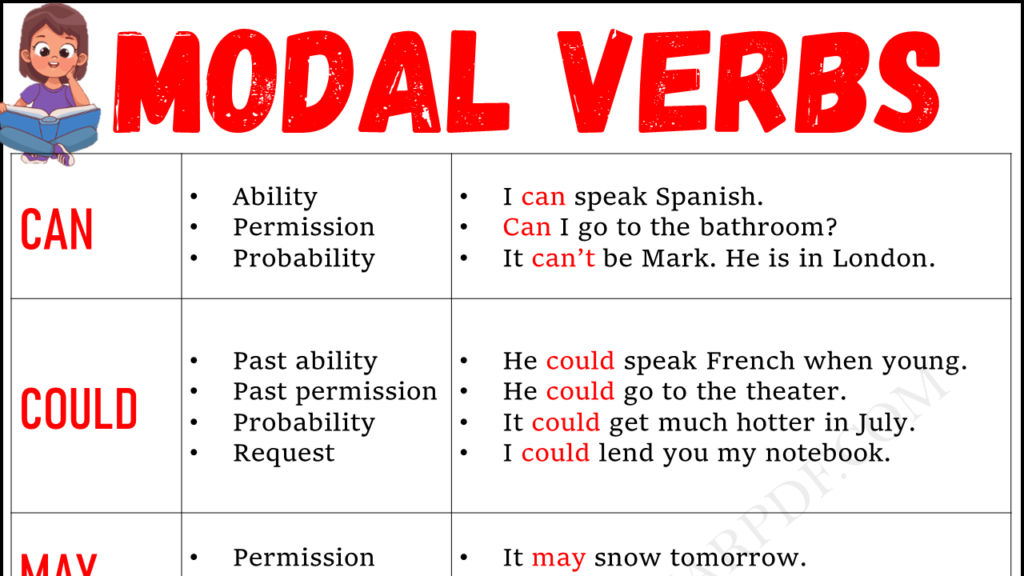Learn Modal Verbs of Advice (Should, Ought to, Had Better)
Modal verbs of advice, such as “should,” “ought to,” and “had better,” play a crucial role in English. They help us offer recommendations, express expectations, and give warnings. Understanding how to use these modals effectively can greatly enhance your communication skills. What Are Modal Verbs of Advice? Modal verbs of advice are auxiliary verbs used […]
Learn Modal Verbs of Advice (Should, Ought to, Had Better) Read More »

